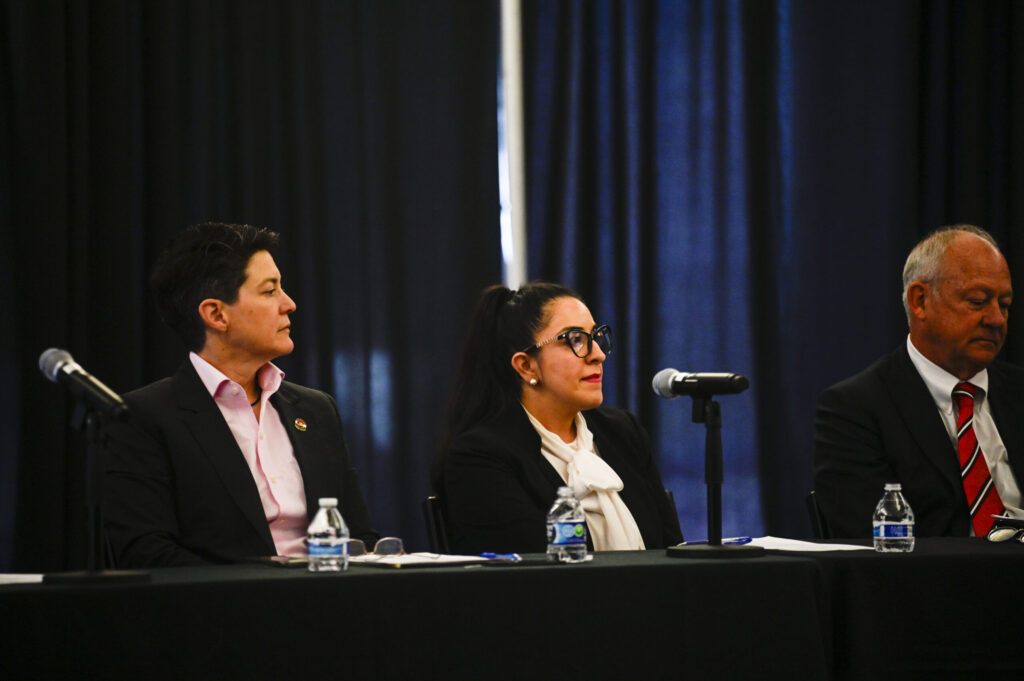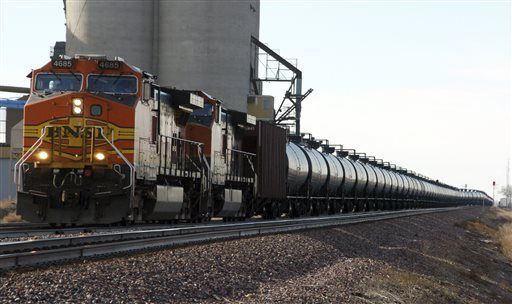Federal judge permits human trafficking claims to proceed in lawsuit over 2022 World Cup construction
A federal judge agreed last week that companies operating out of Colorado may be sued for allegedly participating in a human trafficking venture involving Filipino laborers who constructed facilities for the 2022 World Cup in Qatar.
Fifty-three plaintiffs sued CH2M Hill Companies, Jacobs Engineering Group and related organizations that worked with the Qatari government to construct multiple soccer stadiums and facilities in the lead-up to the World Cup. The Filipino workers alleged their employers took their passports, forced them to live in inhumane conditions and did not pay them as promised.
The plaintiffs accused the defendant corporations of violating the Trafficking Victims Protection Reauthorization Act. Among other things, the law allows lawsuits against those who knowingly benefit from their participation in a human trafficking “venture.”
Though the defendants moved to dismiss the lawsuit, U.S. Magistrate Judge Cyrus Y. Chung largely permitted the claims to proceed.
“To sum up, by alleging that the defendants assumed specific responsibility over the very area — labor working conditions — of the World Cup stadium construction venture in which the TVPRA violations are alleged, along with widespread public reporting about the very type of violations alleged here,” Chung wrote in a June 26 order, “the plaintiffs have plausibly alleged that the defendants had knowledge of or recklessly disregarded the fact of TVPRA violations.”
The defendants sought to toss the claims for multiple reasons, including that the corporations had no involvement with the plaintiffs’ mistreatment by their direct employers, nor did the specific legal provision invoked by the plaintiffs extend to activities in another country.
Moreover, they questioned the scope of the human trafficking “venture” they allegedly participated in by working for the World Cup organizers.
The plaintiffs’ could conceivably sue “the hundreds or thousands of companies engaged by those entities, and even the participating soccer players and coaches, for abuses allegedly suffered by anyone who worked on any of the stadium or infrastructure projects over the course of a decade. Neither the Constitution nor the TVPRA permits Plaintiffs to cast the net that widely,” the defendants’ lawyers argued.
The plaintiffs maintained the specific venture in question was the construction of stadiums, such that no coaches, players or vendors could face liability. Moreover, they argued the defendants were on notice for years that forced labor was a concern.
During a hearing in November before Chung’s predecessor, then-Chief U.S. Magistrate Judge Michael E. Hegarty, the defendants contended the government, and not individual plaintiffs, was empowered to pursue overseas violations of the anti-human trafficking act. Hegarty appeared doubtful.
“We want to stop people over whom we have authority or ability to change their conduct from furthering human trafficking. That’s the point, isn’t it, ultimately?” he asked. “That is the point the law is trying to make.”
Ultimately, Chung agreed that the law reached outside of U.S. borders to a certain extent, as Congress was concerned about the enforcement challenges posed by transnational trafficking. He noted the complaint sufficiently alleged certain entities of CH2M Hill and Jacobs benefitted from the stadium construction venture and would have been put on notice about potential human trafficking.
“Indeed, prior to and throughout the construction of the World Cup stadiums, various publications repeatedly reported on labor abuses not only in Qatar’s kafala (migrant worker) system generally, but also with respect to the specific stadiums at which the many of the plaintiffs worked,” Chung wrote.
He added that to the extent the plaintiffs’ direct employers “may have tried to keep the defendants in the dark” about forced labor practices, that would have to be explored further as the lawsuit unfolds.
Although Chung found he had jurisdiction over certain corporate defendants because their employees performed work in Colorado for the World Cup construction venture, he determined that other arms of the defendants did not have substantial enough connections to Colorado to be included in the lawsuit.
Finally, Chung dismissed the plaintiffs’ claims of negligence and unjust enrichment under state law, which the plaintiffs did not end up pursuing.
The case is F.C. et al. v. Jacobs Solutions Inc. et al.
Colorado Politics Must-Reads:













